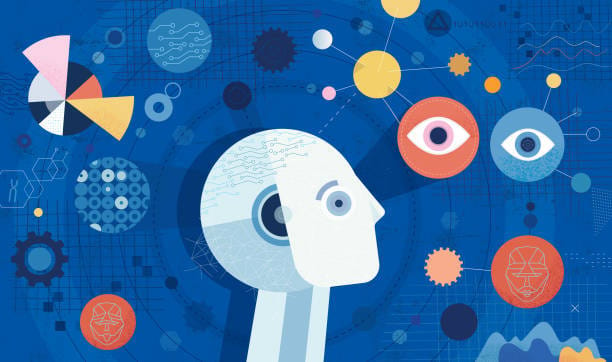- LuxAI Insights
- Posts
- What AI Can Teach Us About Human Thinking
What AI Can Teach Us About Human Thinking
Artificial intelligence, real insights into human thinking.

The more time I spend working with AI, the more I realize it doesn’t just reflect intelligence—it reveals something about our own. I came to AI to learn how machines think. Instead, I’ve been learning how we think. Interacting with language models like GPT has opened up fascinating insights into how human cognition actually works—and where it sometimes falls short.
Here are a few lessons AI has taught me about our minds:
We Rely on Patterns More Than We Realize
At its core, AI like GPT works by detecting and replicating patterns in language. It doesn’t “understand” the way we do—it predicts what comes next. But what’s interesting is that humans do this too. Whether it's finishing someone’s sentence, recognizing a face, or making a snap judgment, we’re pattern-driven creatures. Working with AI makes me notice how often I rely on mental shortcuts and habits.
Ambiguity is a Human Feature, Not a Bug
One thing AI struggles with is ambiguity. When my prompt is vague, the model either guesses or gives me something off-track. But this frustration actually mirrors real life—humans misinterpret each other all the time due to unclear communication. The difference is, we usually gloss over it or adapt mid-conversation. AI forces me to be clear, precise, and intentional in ways that improve how I communicate with people, too.
Creativity Comes from Constraints
This one surprised me. I assumed AI would be more creative if I gave it total freedom. But often, the best ideas come when I set tight boundaries—tone, format, topic, audience. It mirrors the way human creativity thrives under limitations. Whether it’s writing a poem with only six words or solving a problem under pressure, constraints push us (and AI) to think differently.
Looking in the Mirror
Using AI isn’t just about getting help with writing, coding, or brainstorming. It’s a mirror. Every time I prompt a model, I learn something about how I think—how I frame problems, where I’m unclear, and how assumptions shape ideas. In trying to make AI more “human,” we’re actually gaining a clearer picture of ourselves. And that, to me, is the most human thing of all.
Decode the Zeitgeist with 1440
Every week, 1440 zooms in on a single society-and-culture phenomenon—be it the rise of Saturday Night Live, Dystopian Literature, or the history of the Olympics—and unpacks it with curiosity-driven rigor. You’ll get a concise read grounded in verified facts, peppered with thought-provoking context and links for deeper exploration. No partisan angles, no fear-mongering—just the stories, trends, and ideas shaping how we live, work, and create.

